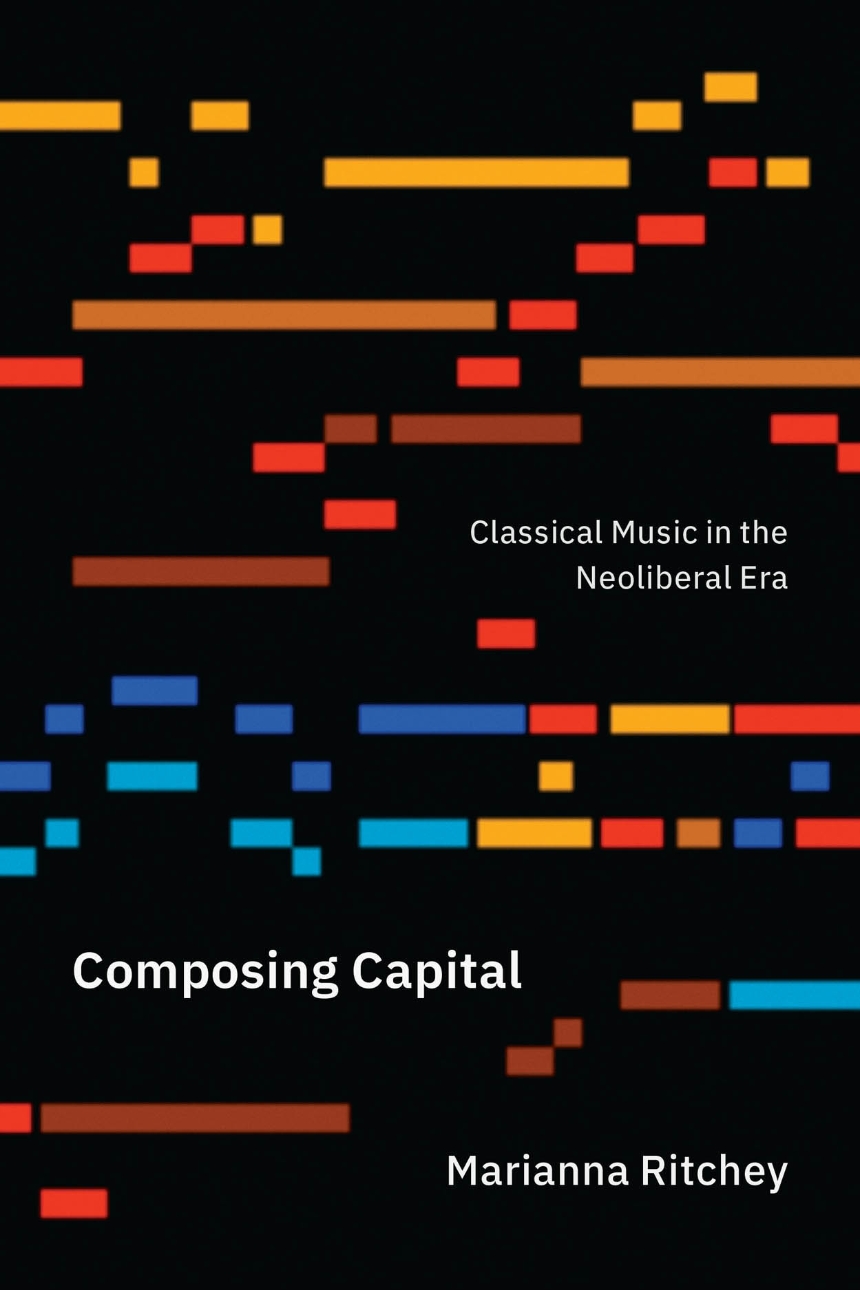Composing Capital
Classical Music in the Neoliberal Era
9780226640235
9780226640068
9780226640372
9780226832043
Composing Capital
Classical Music in the Neoliberal Era
The familiar old world of classical music, with its wealthy donors and ornate concert halls, is changing. The patronage of a wealthy few is being replaced by that of corporations, leading to new unions of classical music and contemporary capitalism. In Composing Capital, Marianna Ritchey lays bare the appropriation of classical music by the current neoliberal regime, arguing that artists, critics, and institutions have aligned themselves—and, by extension, classical music itself—with free-market ideology. More specifically, she demonstrates how classical music has lent its cachet to marketing schemes, tech firm-sponsored performances, and global corporate partnerships. As Ritchey shows, the neoliberalization of classical music has put music at the service of contemporary capitalism, blurring the line between creativity and entrepreneurship, and challenging us to imagine how a noncommodified musical practice might be possible in today’s world.
224 pages | 3 musical examples | 6 x 9 | © 2019
Music: General Music
Sociology: Sociology of Arts--Leisure, Sports
